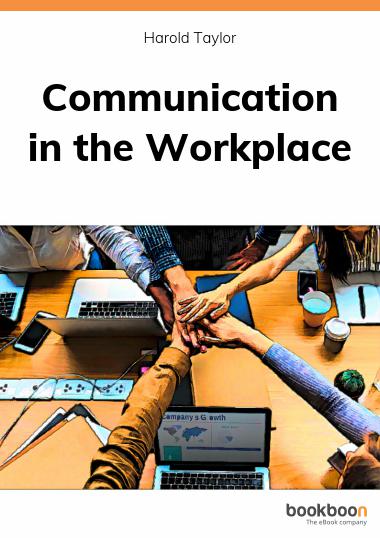Communication skills and empathy seems to be going the way of effective writing and penmanship.
“Soft skills” is a term used to describe the kind of personal and social skills that are required in almost every type of position in business. They include such things as time management, communication, teamwork, writing, memory training, stress management, problem-solving, networking, creativity, and attitude.
“Hard skills” are those technical or functional skills that are applied directly to the job itself, such as accounting, financial planning, project management, statistical quality control, procurement, and technology-related skills such as web design, SEO and Internet marketing.
Some of the soft skills can be gained from experience; but it is a costly way to do so if even possible. Students must get jobs first to get experience, while employers are looking for experience before hiring. In the article referred to earlier, Harvey Weingarten, president of Ontario, Canada’s higher education think tank, was quoted as saying that employers are looking to hire people with “soft” skills, yet this is where they see students being deficient.
And once employed, they get experience first and then the lesson. It makes more sense to get the lesson first. And if you are unable to manage your energy, know how to say no when appropriate, avoid the tyranny of the urgent, and maintain balance in your life, you will not have time to learn anything. You will be in a constant survival mode.
Don’t be so obsessed with becoming the best you can be at performing your chosen hard skill that you ignore the soft skills that are absolutely essential, not only for landing a great job, but also for keeping it, and being promoted to higher levels within the organization. Being techno-savvy is not enough if you want to succeed. At some point you will find yourself in a situation where your smartphone or laptop will not communicate for you. You will have to put pen to paper and write a note that people cannot only decipher and read but understand as well. You may also need to read someone’s body language to know when to quit talking and reframe an idea or two so they are readily accepted.
How can you gain essential soft skills? Many of the soft skills are not taught in schools. And the current craze of communicating with email and texting in brief, incomplete sentences, does little to enhance such skills as writing, verbal communications, teambuilding, or body language.
It is up to you to build upon what you have already gained through formal education and personal experience by seeking out appropriate books and articles that would help you to develop these soft skills. You might start by browsing through the business e-Book titles and descriptions at Bookboon. There are plenty to choose from – everything from personal confidence and motivation to communications and creative thinking. Most of them address the soft skills so essential in this digital age of speed.
I have had 35 e-Books published by Bookboon to date, and about 30 of them focus on the soft skills – everything from proactivity to strengthening your brain-based executive skills. You can scroll through a list of them at our website.
Successful People Read. A Lot.
What do Warren Buffett, Mark Zuckerberg, Elon Musk and Oprah Winfrey have in common? They all read - a LOT! If you want to be successful you need to read. We have over 30 short ebooks designed to get you booked up fast!



Recent Comments